Tarlac Agricultural University, SMART Agriculture: Raising the bar on agriculture
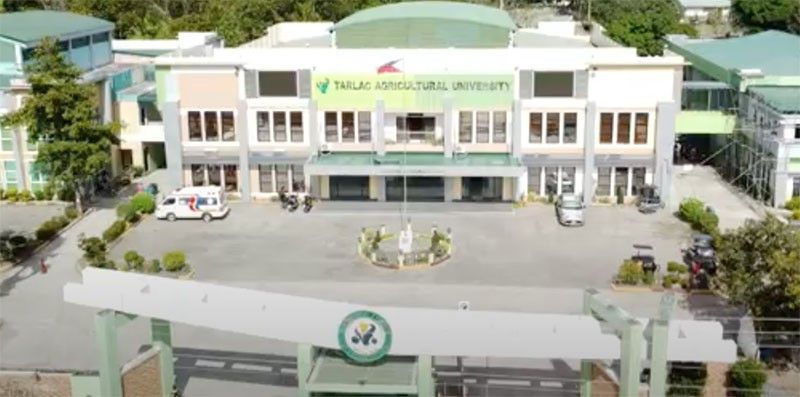
As we all know, agriculture is a crucial sector in the Philippines. Living in an agricultural country is both a blessing and an opportunity for Filipinos, especially those living in rural areas who support themselves through agricultural activities. The continuous demand for a steady agricultural supply also implies a strong call for a better agricultural system that could help farming communities improve and protect their livelihood through gaining fair and higher income.
Fortunately, the Tarlac Agricultural University (TAU) and its innovative technologies in agriculture have been a trailblazer in improving agricultural practices, making them more sustainable and efficient. In the second episode of “Pamilya Talk: EduTourism special,” my team and I went to Camiling, Tarlac to personally witness and experience their amazing agricultural programs.
“Ang ultimate mission ng ating unibersidad ay maka-generate ng mga technology through our research program na pwedeng makatulong sa mga kababayan natin, lalong-lalo na ‘yung mga magsasaka,” shares Dr. Max Guillermo, President of Tarlac Agricultural University.
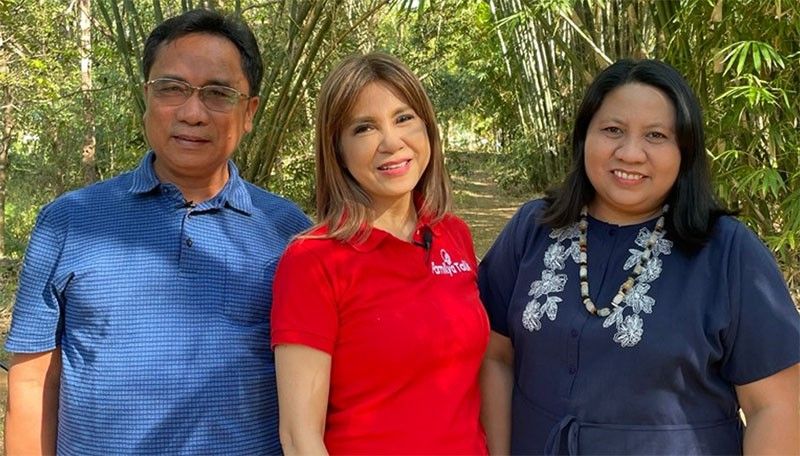
He also boasted TAU’s achievement of being the first state university in the Philippines to have entered TIMES Higher Education Impact Ranking (based in the United Kingdom) which recognizes the credibility, relevance and effectiveness of the university’s projects to its stakeholders, especially in improving the lives of poor farming communities.
These efforts are their contribution into the StudyPH- EduTourism program of the Commission on Higher Education (CHED) which aims to empower tourism at the local level through university projects. Commission on Higher Education (CHED) Chairman Prospero de Vera highlights that it’s about time for universities to realize their hidden potential in enriching local tourism through mobilizing their expertise in research, extension, and in education.
“What’s important in EduTourism is for universities to recognize that they have an important role in the promotion of tourism at the local level,” de Vera adds. TAU’S agricultural projects are a perfect match for the vision of EduTourism. Atty. Lily Milla, Director of CHED’s International Affairs Staff pointed out that TAU was one of the universities who first embraced smart agriculture.
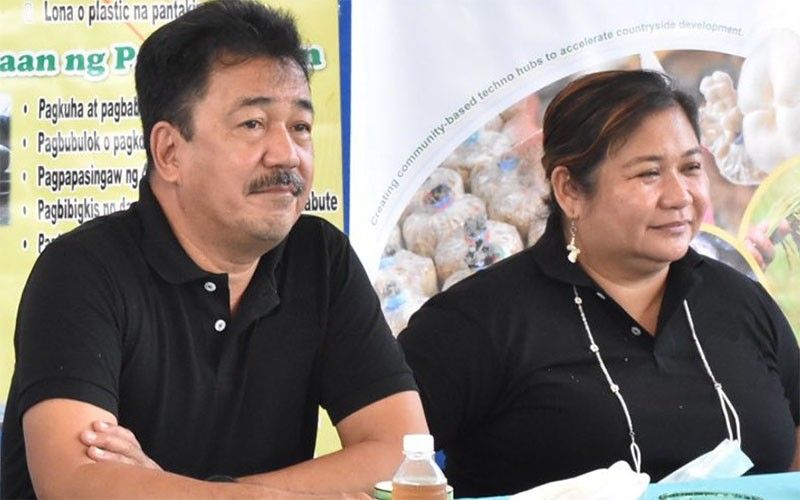
She mentions, “Tarlac Agricultural University was able to present itself to the world. They were able to set out a very good campaign globally… talagang hinanda niya ang kanyang roadmap, ang strategic plan to become a smart agriculture university. We need to combine technology and our natural resources so we can maximize our potential.”
ADAPT-TAU
TAU’s Agri-EcoTourism Development and Accelerated Promotion of Techno Entrepreneurship (ADAPT-TAU) program has been helping communities in their locality through teaching their researches and techniques that’ll further empower the livelihood of communities. From chicken breeding to bamboo farming, and smart agriculture systems -- I had the opportunity to witness all these technologies when I visited their university.
I saw TAU’s free-range chicken breeding facility. Free-range chickens are those who have been raised to move around freely, and engage in natural behaviors such as dust bathing, scratching, and pecking. According to Dr. Ma. Asuncion Beltran, TAU’s Vice President for Research, Extension, and Training, their free-range chicken technique presents a more natural way of raising and taking care of chickens. She says free-range chickens are more stress-free compared to commercial chickens, resulting to the production of better eggs with richer flavor and nutrients.
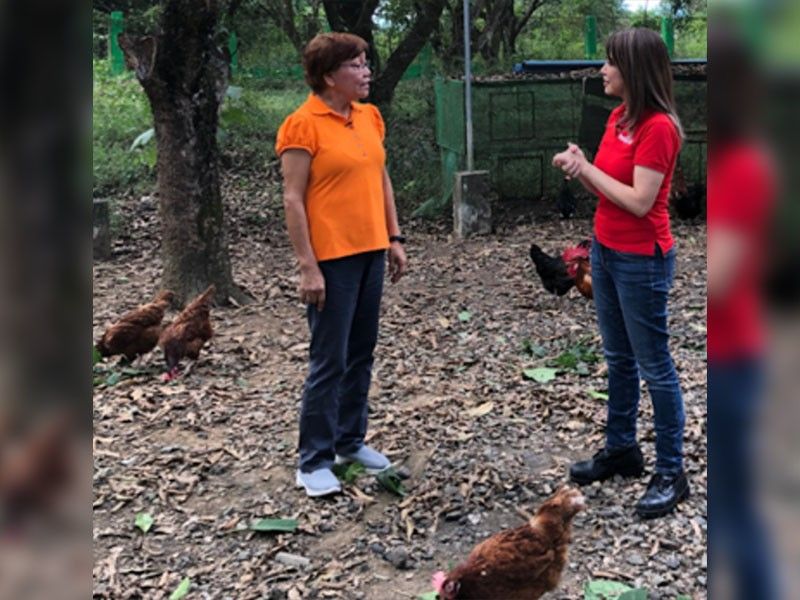
Another component of ADAPT-TAU is the engineered bamboo which serves as their alternative wood for useful and decorative products. Engr. Mark Ferrer, Project-in-Charge of the Engineered Bamboo Facility at TAU, together with his team, showed me the complete process of transforming raw bamboo into totally new composite products. After harvesting the bamboo culms, they are subjected to a variety of techniques, such as lamination, compression and treating them with chemicals or heat to flatten them into strong, durable slats. Bamboo is considered to be one of the most promising materials for a variety of products, including various construction needs. Bamboos are also sustainable as they can last for several years even if you cut it.
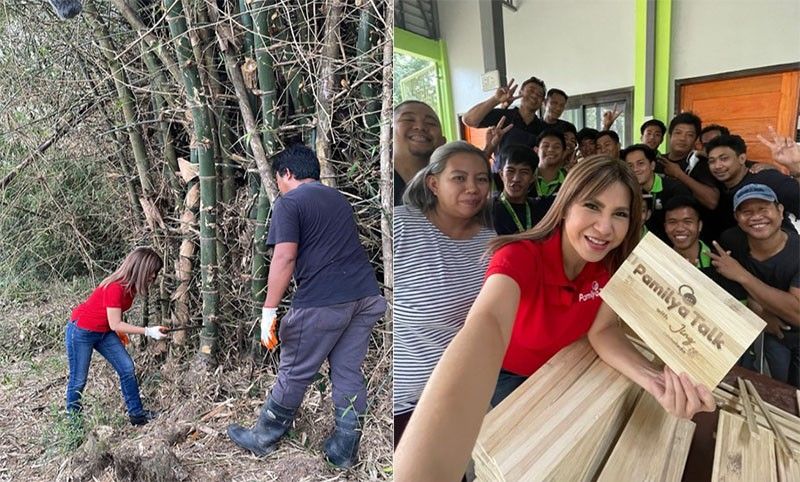
“As long as you are a responsible harvester, every 3-5 years, kapag pinuputol mo siya, may makukuha ka pa rin. Hindi mo kailangang putulin ang puno ng kawayan,” Ferrer adds.
From engineered bamboo, I was introduced to yet another amazing technology! TAU has come up with a systematized and high-tech way of farming through their Smart Agriculture Center! The Sustainable Mechanized Agriculture for Research and Technology or SMART aims to “leverage technology and data analytics to improve agricultural practices and make them more sustainable and efficient.” By creating an intelligent agriculture system that uses sensors, drones, and mobile applications, farmers are able to optimize water usage, reduce waste, and improve crop yields, thereby increasing their income.
Dr. Amy Rico, Manager of Smart Agriculture Center in TAU explains, “Gamit ang smart agriculture, napagme-meet natin ‘yung agriculture and technology, napagme-merge natin sila. Pwede nating gamitin ang cellphone at tablets sa farming.”
Through a mobile application, farmers can program and automate watering and irrigation, and even the level of sun exposure of their seedlings or crops. Using technology for agriculture is also an effective way of encouraging the youth – who are into robotics, apps, and digitalization – to go into farming.
#TAUGLOBAL
It’s high time these promising technologies are recognized, not only in the country, but in the international scene as well. TAU continuously re-invents itself and provides the best opportunities for their students and faculty to improve the quality of projects being done. They have been joining international assessments and these serve as their guides in developing a roadmap that will enable them to surpass their performance and, therefore, stand-out on the global stage.
Dr. Christine N. Ferrer, Proponent & Project-In-Charge of EduTourism/ADAPT-TAU explains the goal of their office, External Linkages and International Affairs. “We really want our faculty, staff, and students to have global exposure kaya binibigyan namin sila ng madaming opportunities for exchange programs, research collaborations, and immersion with our partner universities abroad.”
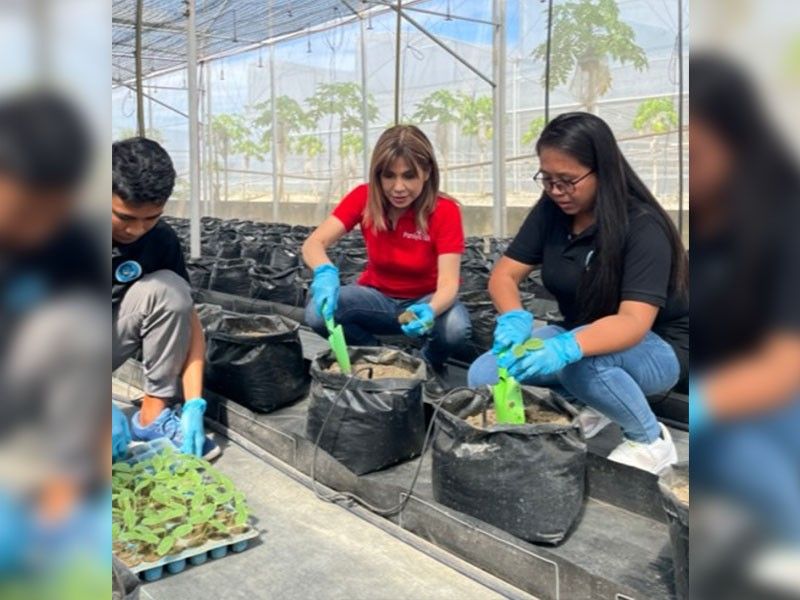
The result of all the hard work and intelligent planning of TAU’s agricultural technologies have paved the way for the new face of agriculture. They also demonstrate the potential of technology to revolutionize agricultural practices and improve the farming industry’s efficiency, which will greatly benefit Filipino farmers and consumers.
More important, because of TAU's commitment to producing globally competitive graduates, and advancing agricultural research, it therefore also plays a critical role as a trailblazer in food security, and in rural and sustainable development of the agricultural sector, not only in the Philippines, but also in the global community.
----
Watch Pamilya Talk on Facebook, YouTube and Kumu (@JingCastaneda – 12:00 noon – 1:00 p.m. Monday & Wednesday). You can also follow my social media accounts: Instagram, Facebook, YouTube, Tiktok, Twitter and Kumu. Please share your stories or suggest topics at [email protected].
- Latest





























